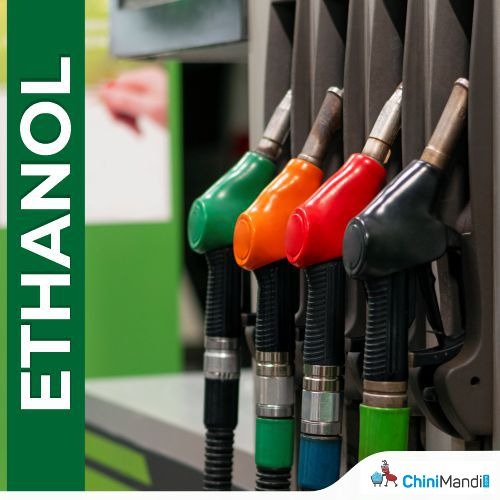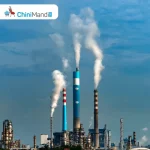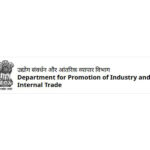E20 and ethanol-blended petrol have recently gained significant attention. On social media, there have been few claims of decreased performance and fuel efficiency, leading to a growing debate over ethanol blending. However, government authorities and oil companies have dismissed these concerns, stating that there is no evidence supporting such claims.
Now Maruti Suzuki is taking steps to support its customers. As reported by Autocar India, the automaker will soon offer E20 upgrade kits for Maruti vehicles that are not currently compliant with E20 standards. However, this solution comes with a condition, the kits will only be available for Maruti cars that are 15 years old or newer.
As per the news report by Autocar India, Maruti Suzuki is likely to offer E20 material upgrade kits and would do so for models going back 10 to 15 years. Not much is known about the pricing for these kits, including whether they would be subsidised, and if so, by whom. The cost of these E20 upgrade kits could range between Rs 4,000 and Rs 6,000, depending on the model. Other brands are also exploring upgrade programmes and are likely to have them in place soon.
The Ministry of Petroleum and Natural Gas (MoPNG) has already issued a comprehensive response addressing concerns regarding the impact of 20% ethanol-blended petrol (E20) on vehicle mileage and engine life.
MoPNG noted that the use of E-20 gives better acceleration, better ride quality and most importantly, lowered carbon emissions by approximately 30% as compared to E10 fuel. Ethanol’s higher-octane number (~108.5 compared to petrol’s 84.4) makes Ethanol-blended fuels a valuable alternative for higher-octane requirements that is crucial for modern high-compression engines. Vehicles tuned for E20 deliver better acceleration which is a very important factor in city driving conditions. Additionally, Ethanol’s higher heat of vaporization reduces intake manifold temperatures, increasing air-fuel mixture density and boosting volumetric efficiency.
Previously Petrol was being sold in India with Research Octane Number (RON) of 88. Today, regular petrol in India has a RON of 91 to meet the requirements of BS-VI, which aims to reduce harmful emissions. However, this has again been improved further to RON 95 with blending of Ethanol 20, resulting in better anti knocking properties and performance.














